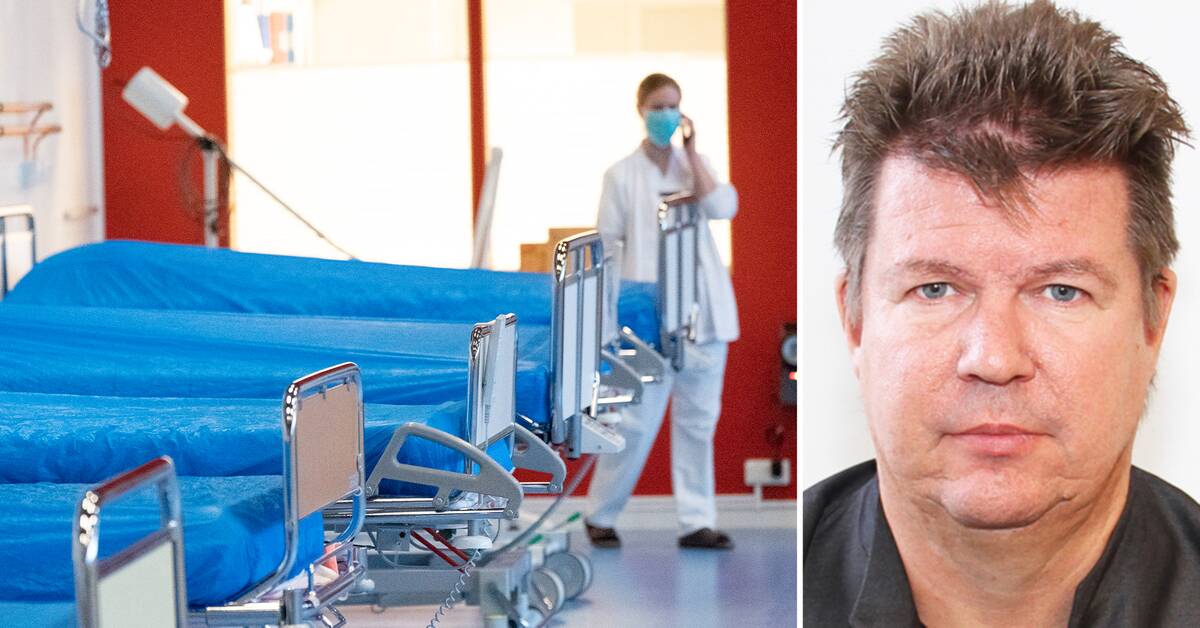This summer, the Inspectorate for Care and Care (IVO) strongly criticized care in nursing homes.
The nationwide review showed that end-of-life care did not follow the rules, that drug handling was not patient-safe and that there were deficiencies in continuity and documentation.
It was preceded, among other things, by alarms about understaffing in care and social care.
Now, barely four months later, Kommunal is sounding the alarm again.
- There is a chronic understaffing in care.
You have a personnel supply that lacks margins.
Lessons have not been learned from the pandemic, says Peter Larsson, ombudsman with responsibility for work environment issues at Kommunal.
He continues:
- They have not staffed enough during sick leave and temporary sick leave.
There will be a lot of stress.
No recovery at all.
Staff are completely exhausted when they get home from work.
The situation is also expected to become extra worrisome during the coming long weekends.
- They have not staffed enough during Christmas and New Year.
It's as if Christmas and New Years and holidays come as a complete surprise.
At least four viral diseases
Kommunal has over half a million members, of which 320,000 work in healthcare.
It is, among other things, carers, care assistants, attendants and assistant nurses as well as nannies and student assistants who now encounter at least four viral diseases in their jobs.
- It's covid.
It's RS virus, vomiting and flu at the same time.
We have had two stressful years due to covid with a chronic understaffing.
There will be a lot of sick leave, says Peter Larsson.
He mentions a new report from the interest organization Sweden's municipalities and regions (SKR) which points out that 92,000 new assistant nurses are needed until 2031 to meet care needs.
It is about 110,000 new positions in care and social care, the newspaper Kommunalarbetaren reported last week.
Peter Larsson emphasizes that there is also a need for an inventory of protective equipment against covid in the businesses and clear reminders about hygiene routines to prevent the spread of infection so that a similar situation does not arise in 2020.
- It must not be like at the beginning of the pandemic with own production of protective equipment, he says.

